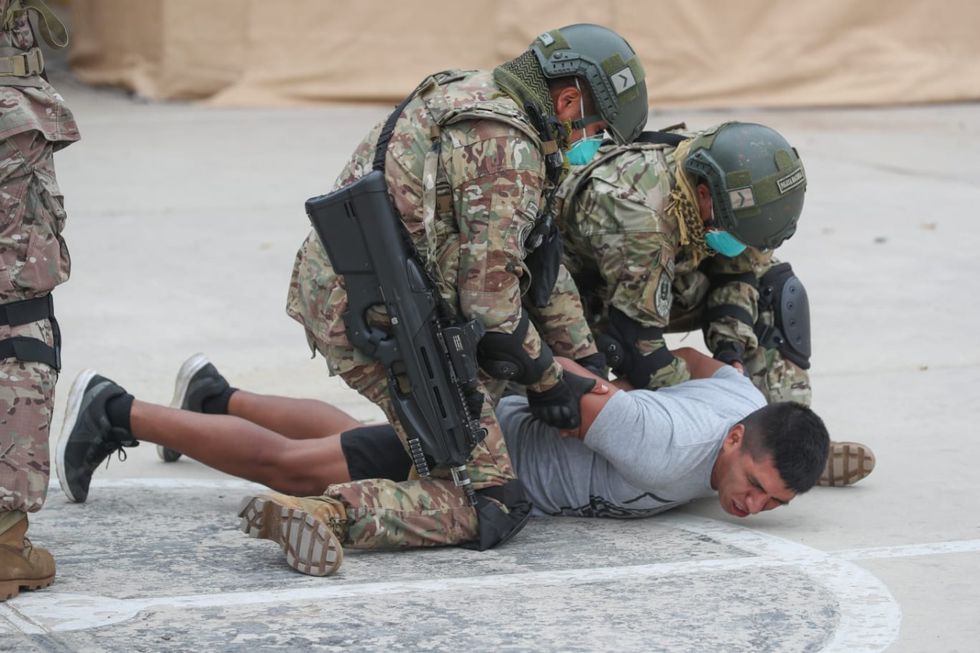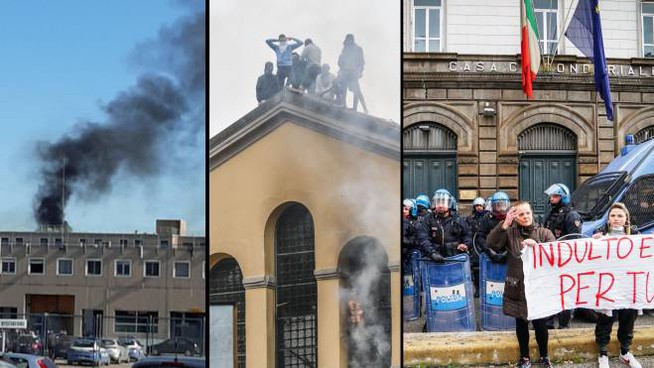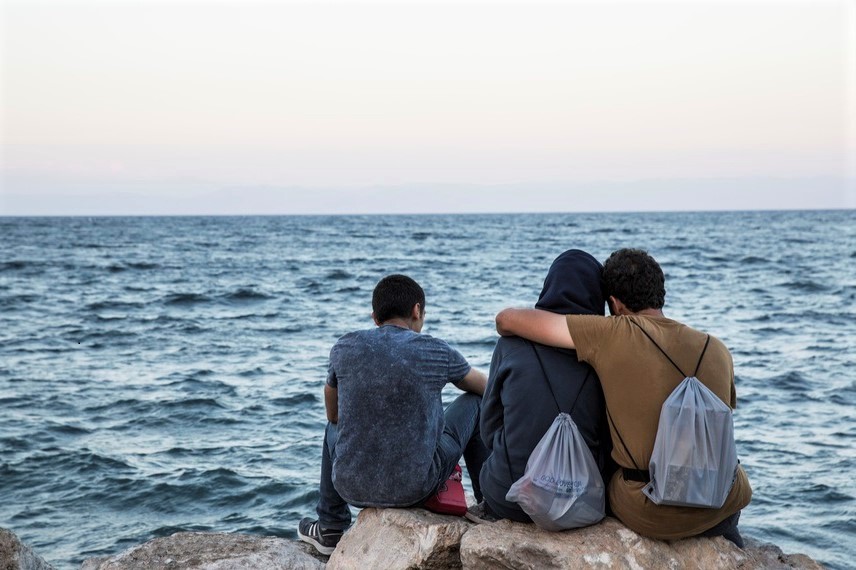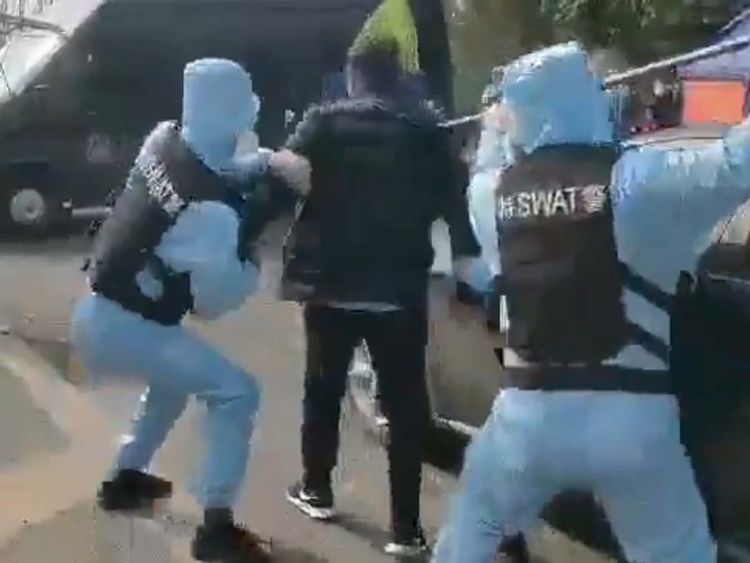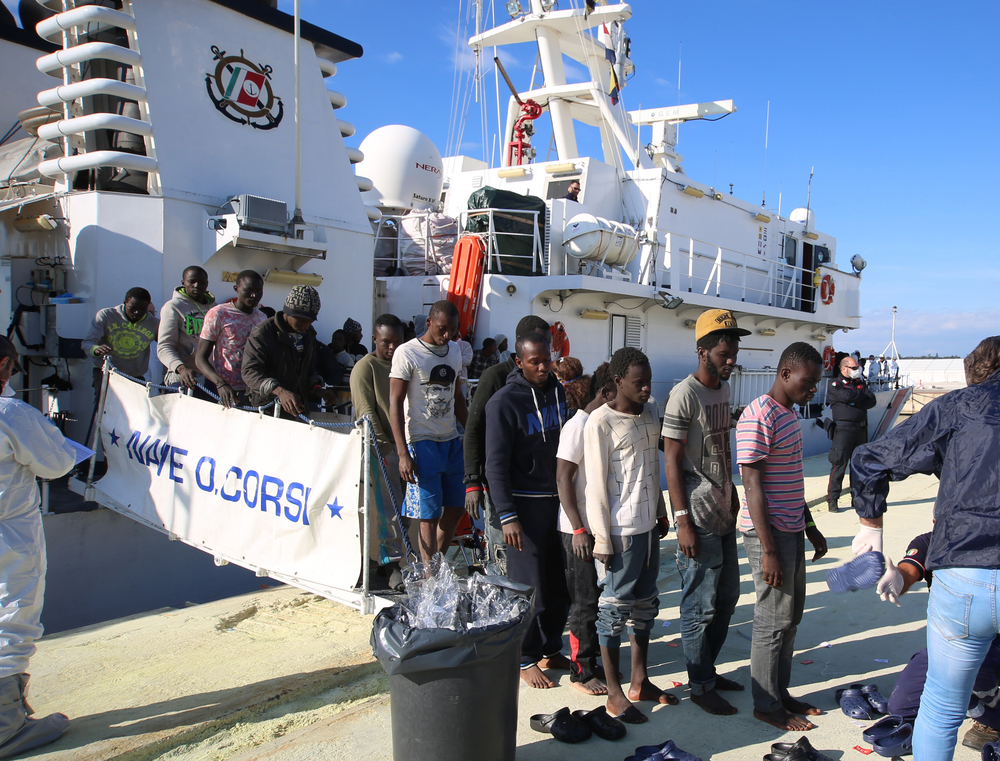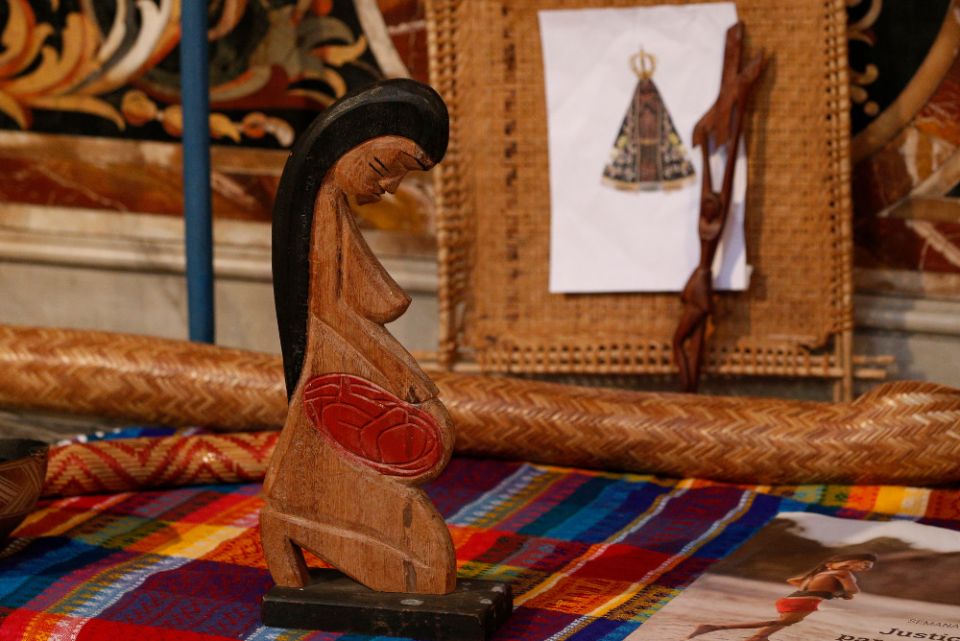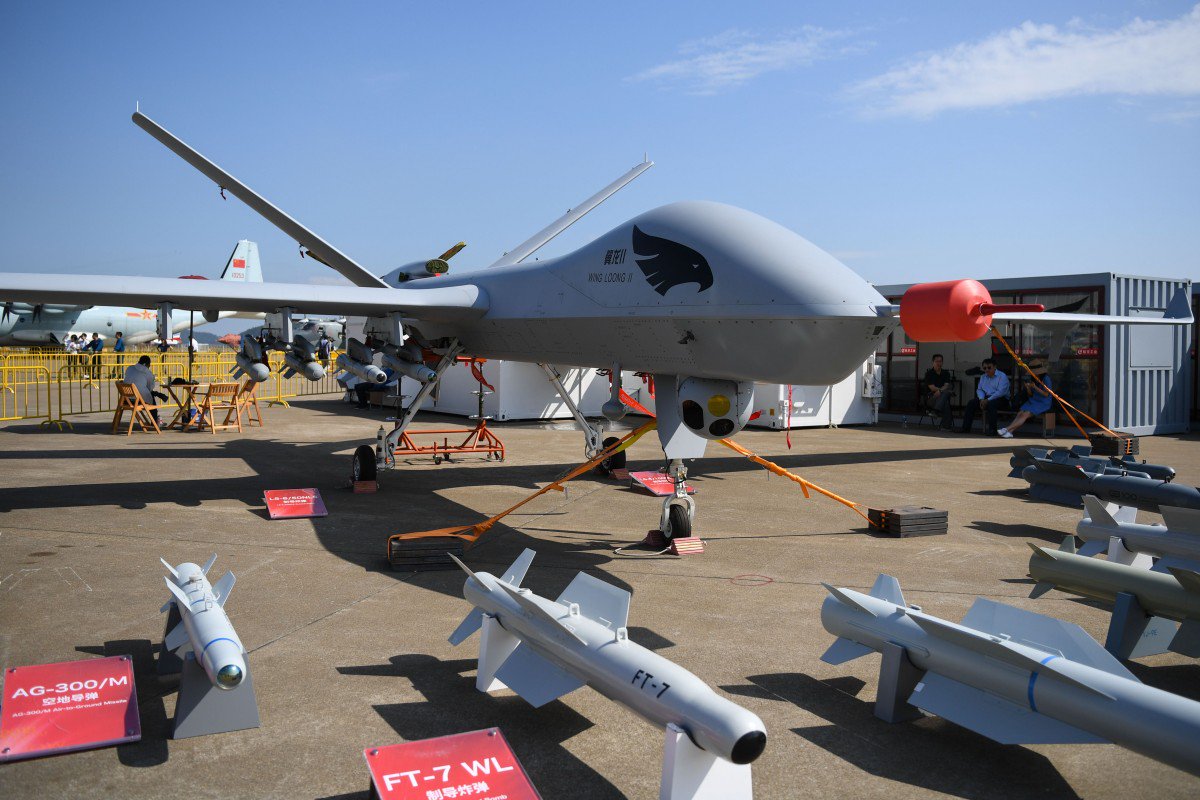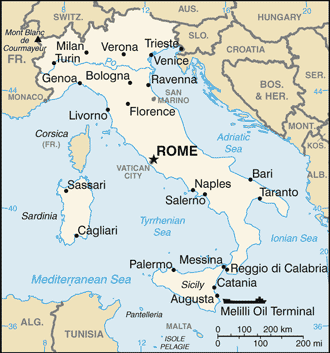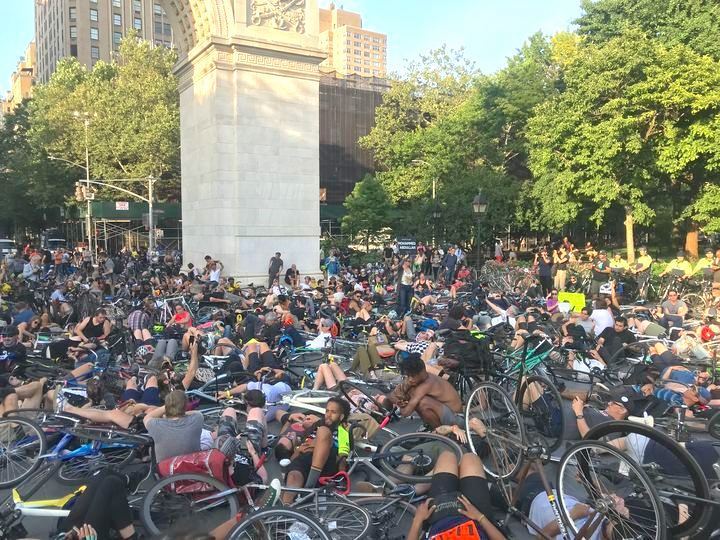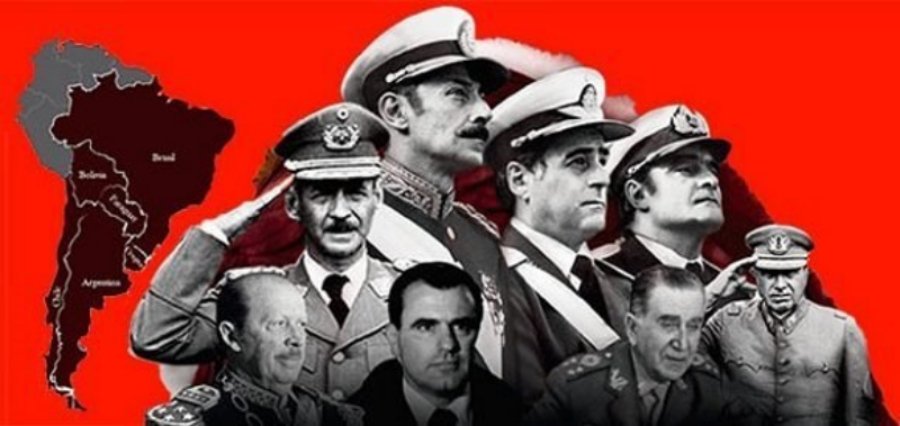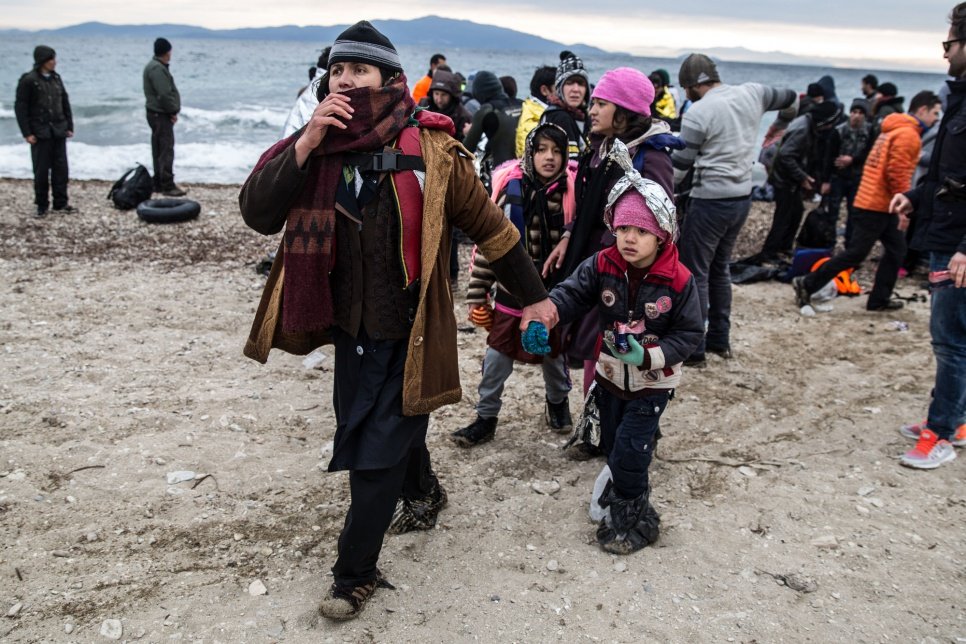
EU court rules three countries violated asylum deal
The European Court of Justice ruled that Poland, Hungary and the Czech Republic failed to uphold their obligations regarding refugee quotas as required by law. The countries could face financial penalties for their actions. In 2015 EU leaders established a refugee relocation program in response to the large numbers of asylum-seekers from war-torn Syria and elsewhere in the Middle East. EU countries were supposed to apportion a share of asylum-seekers among those that arrived in Greece and Italy. Poland, Hungary and the Czech Republic, according to the ECJ, “failed to fulfill their obligations under European Union law” by not accepting the number of refugees they had promised. (Photo: UNHCR/H.Holland)



